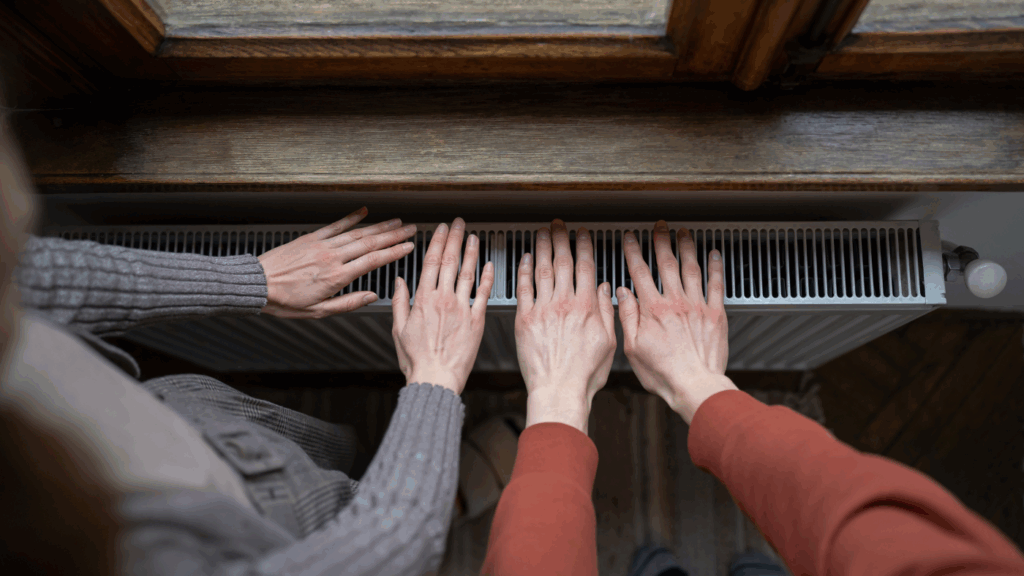In 2022, an estimated 40 million Europeans across all Member States (approximately 9.3% of the Union population) found it difficult to keep their homes adequately warm because of high energy prices and the cost-of-living crisis. This was a significant increase, from 6.9% in 2021.
Recognizing the urgent need for coordinated action to ensure that vulnerable groups have access to essential energy services, on October 23, 2023, the European Commission, has published a Recommendation (C/2023/4080) aimed at addressing energy poverty. On the same day, the Commission launched the renewed Joint Declaration on enhanced consumer protection for the winter.
This is an important step for towards a fair and just energy transition as part of the European Green Deal and for supporting households facing difficulties in paying energy bills. Mainly, energy poverty is driven by a combination of high expenditure on energy from household budgets, low-income levels and low energy performance of household appliances and buildings. In the last years, vulnerable groups and those living with low income have been facing increasing challenges given the rising energy prices and persistently high cost of living.
The Recommendation put forth by the Commission encompasses structural measures, targeting the root causes of energy poverty, such as investments in energy efficiency and renewable energy, with the goal of improving energy performance of homes and household appliances. In addition, measures aim to reduce high energy expenditure in household budgets and address lower income levels, as the share of people experiencing energy poverty in the lower income categories have more than doubled since 2021.
In alignment with the recently revised Energy Efficiency Directive (September 2023), the Recommendation outlines how energy poverty can be diagnosed at the national level. The Commission has highlighted the importance of incorporating these recommendations into the National Energy and Climate Plans (NECPs), due to be updated in 2024, and the Social Climate Plans of EU countries, to be submitted by June 30, 2025, to access the Social Climate Fund.
Eurodiaconia had the honor of being present at the launch ceremony of the Recommendation. During the event, the European Commissioner for Energy, Kadri Simson, emphasized the need to address the root causes of energy poverty through long-term structural measures, such as ensuring access to energy-efficient housing, appliances, and renewables. Equally, Commissioner for Justice, Didier Reynders, acknowledged the improvements made but stressed the ongoing challenges faced by many people, particularly as winter approaches. Efforts to combat energy poverty and protect households in need must continue, both at the EU and national levels.
Eurodiaconia welcomes the European Commission’s commitment to addressing energy poverty. We now call on Member States to effectively and promptly implement these recommendations to ensure that the energy transition is fair and that no one is left behind.



